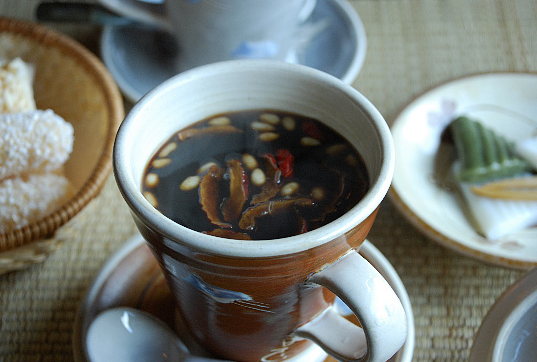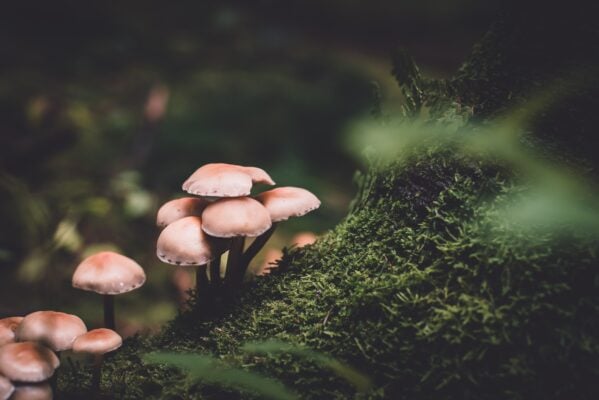The potential healing properties of tea has again become a hot-button topic in recent years. Considering this increasingly complex world of ours, rife with personal and social upheaval, and now a global pandemic to contend with, the effects of tea on our levels of stress and anxiety seems like a worthwhile avenue to explore.
The Science
Aside from certain vitamins and antioxidants the tea plant (camellia sinensis) contains a chemical called L-theanine, an amino acid that is said to reduce mental and physical stress and boost cognitive function by lowering blood pressure and relaxing the muscles. Different blends of tea, depending on their cultivation methods, contain different levels of L-theanine. For instance, studies have revealed that Matcha, a type of Japanese green tea, is rich in L-theanine and has shown a significant decrease in anxiety within both mice and humans. However, research has also revealed that caffeine, which is an active component in tea, has an adverse effect on the function of L-theanine. Therefore, teas that contain high levels of caffeine are not effective in decreasing stress levels. Simply put, a cup of tea that is high in L-theanine and low in caffeine is most likely to have a stress-reducing effect.
The Ritual
So there are indications that drinking tea can have a positive effect on stress and anxiety on a chemical level, but even the ritual of brewing a cup of tea is said to have a positive psychological effect when it comes to providing a sense of calm and relaxation. The consumption of tea takes on an important cultural and symbolic role in many countries around the world and as such is one of the premiere psychological tools to deal with a stressful day at work.

Other examples
Although not technically teas since they are not derived from the camellia sinensis plant, a number of herbal teas are argued to help with stress and anxiety. Below are a few examples, but there are many more.
– A study on chamomile extract found that long-term consumption might reduce symptoms of anxiety.
– The aroma of peppermint tea is said to reduce feelings of frustration, anxiety and fatigue.
– Research revealed that tea made with the passionflower has potential as an effective sleeping aid.
– Ashwagandha, a shrub that grows in India, Africa and the Middle East, is said to reduce stress levels arguably as effective as the anti-anxiety drug Lorazepam.



